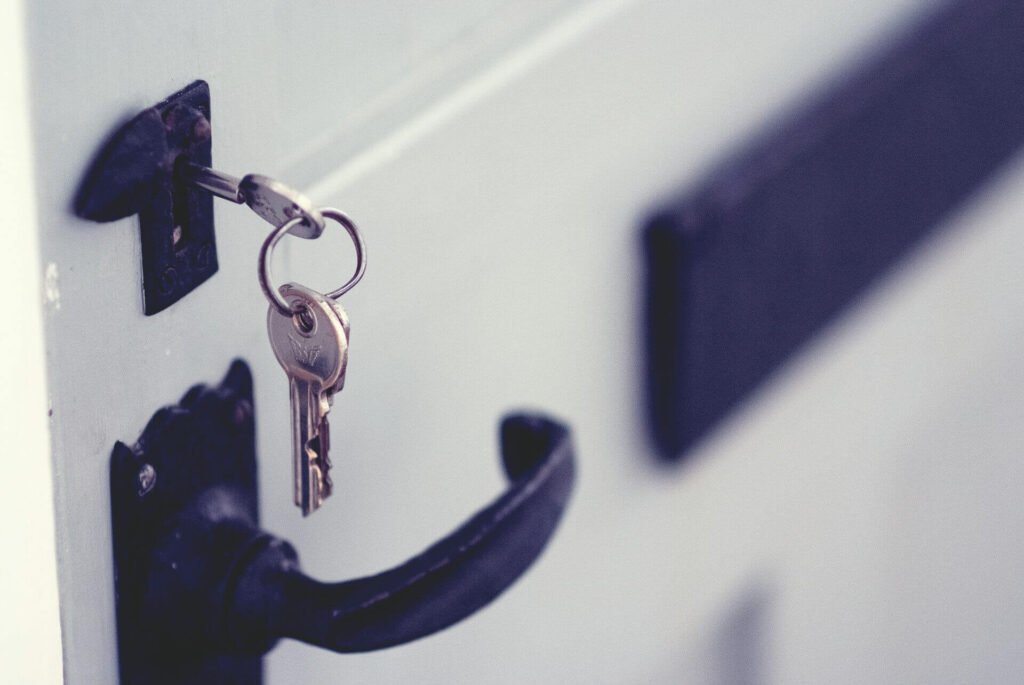It’s 2025, new goals, new dreams, and probably wanting to move out of your parents’ or just escape the rent trap. That said, with Kampala and other urban centers expanding every year, real estate prices have been fluctuating, land disputes that never seem to end, and rental prices on the rise. In the end, the decision comes down to whether you should continue renting, or buy/build your home. Which option even makes sense in 2025?
Uganda’s Housing Market in 2025.
Uganda’s real estate has been changing for as long as I can remember. Today land here will be cheap and tomorrow you have to sell a leg and kidney for a plot, to put it plainly, evolution has been rather fast, encouraged by urbanization, infrastructural development, and a growing middle class of earners. What’s shaping the market?
- High demand for Housing. Let’s be honest here, housing is scarce, and the population is on the rise. Uganda has a housing deficit of over 2.4 million units, with an annual demand for about 210,000 units of housing, so yeah, the housing market is lucrative.
- Urban Expansion. As mentioned earlier, cities are expanding constantly which ends up increasing the cost of housing, seeing as there are few units and more people.
- Rising Rental prices. Rental costs in prime locations have also increased due to higher demand, making renting expensive in some areas.
- Mortgage Challenges. While many actually have prospects of buying or building a house and escape renting once and for all, the hefty upfront costs demoralize many. I mean, start with land, then material, then labor… this makes many keep up with the renting trend.
So, now that we know what actually influences the real estate market, should you rent, or should you buy/build?
Why Renting Might Be the Better Choice.
Now, for those that are already renting, I understand that there are some cons to it—landlords, the monthly payments could be utilized for something else, landlords that keep reminding you it’s their property, not yours…. but it also has its pros.
Flexibility. Renting gives you the freedom to move whenever necessary, be it chasing career opportunities, avoiding long work commutes or simply looking for a change in scenery. Renting offers that mobility that buying and building can’t quite match.
Lower Upfront Costs. This is a given, between building/buying and renting, many discover that the upfront costs of buying are abysmal. Why? Let’s say you want to buy a 3-bedroom house, you’ll pay for the plat it sits on, the construction costs and also some profit for the owner who built it, or for the builders, you will still have to first procure the plot, then source the building material and labor… renting, on the other hand, requires some personal effects and then a continuous payment—which, granted, will accumulate in the long run but many have proved that they can get a rental space for manageable amounts and then still manage to slowly build up to home ownership. It all goes down to budgeting and financial weight.
No Maintenance Worries. As a tenant, repairs and maintenance are the landlord’s responsibility. If a pipe bursts or a roof leaks you don’t have to dig into your pockets to fix it. We cover some of these Landlord responsibilities in our article Secrets of Successful Landlords: What Every Property Owner Must Know and indeed, for a tenant, you usually just have to use the space responsibly and pay your monthly dues…
However, renting also means
No Ownership or Equity, in that your monthly payments contribute to your landlord’s wealth instead of your own. Unlike homeowners, renters don’t build equity with the property or enjoy long-term property appreciation.
Rent Increases & Limited Control. Landlords can raise rent prices over time and you may have restrictions on renovations or even simple personal modifications. It’s their property, and while they allow you usage at a fee, they can decide to increase that fee as per any factors they deem necessary and also restrict what modifications you can do to the property.
Why Buying/Building Might Be the Smarter Investment.
True, renting is simpler ns cheaper in the short term, but building, for many, has been the overall preference—even to the renters. Often times you will find a renter making plans and preparations to buy/build. But why?
Builds Equity and Long-Tern Wealth. A home is built on land, which in itself is a long sought-after asset with continuous appreciation. Thus, building the home gives you an asset that appreciates in value over time.
For those with mortgages, every payment you make helps you build ownership in your property. Over time, the property value may increase, giving you an asset that keeps growing in value.
Stability and Security. Owning your home means no worrying about sudden rent increases or evictions as it offers long-term security, especially if you have a stable income. You can go broke; you can fail to have food but you won’t be evicted.
Customization & freedom. As a homeowner, you can renovate, paint and modify your place as you please. No need to ask the landlord for permission or worry about being faced with fines for messing with the landlord’s designs.
That said,
High Initial Costs. Let’s say you’ve got your eyes on a nice house and you want to buy it. A 20% downpayment on a UGX 150 million house means you need 30 million upfront—something not many Ugandans can take up. Additionally, there are all those other fees—legal processing, lant title processing and even property taxes.
Maintenance Responsibilities. Unlike renters who have someone to run to when the property gets into shambles, homeowners are responsible for repairs and upkeep, which can become costly over time.
So, which Option is Right for You?
- Renting if you need flexibility, have limited savings or are not ready for long-term financial commitments.
- Building/buying if you are looking for long-term stability, have the funds for the project or a stable income source to finance the homeownership process.
What’s the Smarter Move in 2025?
Both renting and buying have their advantages and not-so-favorable limitations. That said, sometimes it’s more in the lines of “what can you do” and not “what others deem.” If you can afford the initial costs and plan to stay in one place for a long time, buying a house in Uganda is a great investment. However, if financial flexibility and mobility are your priorities, renting might be the practical choice.
In the end, the decision depends on your personal finances, career stability, and long-term goals. Here are 11 Strong forecasts for real estate in Uganda in 2025 – The Africanvestor




